News - 07 January 2020
Meet the locals: join your community to make a difference
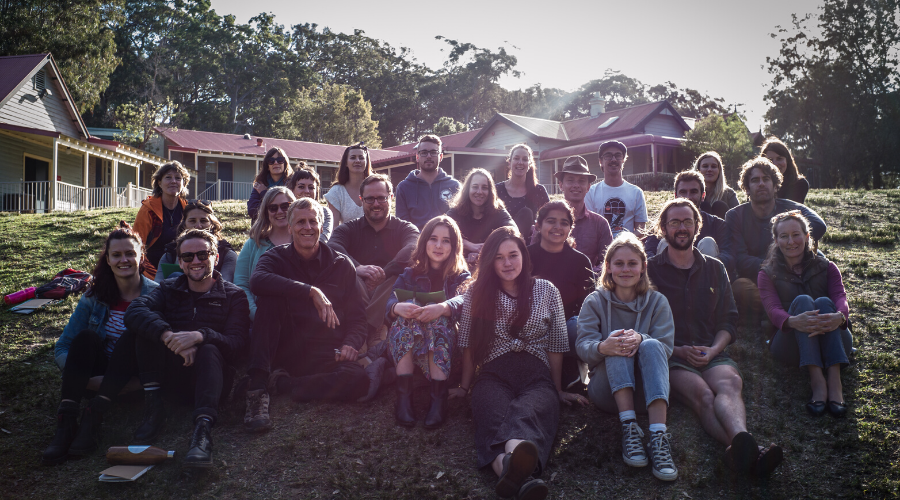
Up and down the country, everyday people are finding that they can make a real impact for our wildlife and wild spaces by volunteering with the Wilderness Society.
“We need to get the word out. People need to be aware that if they don’t do something about it, then who is?” implores Kasia, a volunteer from Charlestown in Lake Macquarie, New South Wales.
All over Australia, people like Kasia are rallying their communities to protect biodiversity and the unique environments it relies on. And with an unprecedented bushfire season devastating communities, national parks and wildlife, the work of Kasia and her local community group is now more important than ever.
The challenges the environment faces can seem overwhelming, but fellow volunteer Melanie has found hope and a sense of empowerment working with her local community in Merewether in Newcastle, New South Wales: “It gives you some hope that change is actually possible, in a world that feels like you can’t make a difference.”
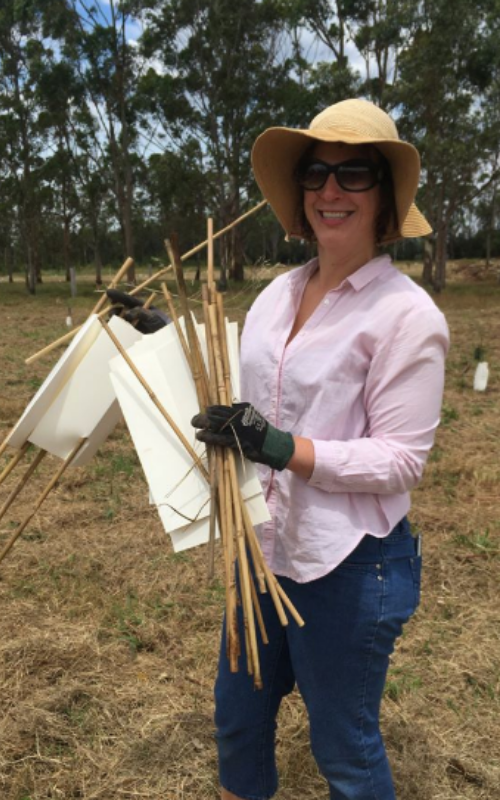
The Wilderness Society’s network of local community groups is made up of volunteers all over the country focusing on local community action as well as wider national issues such as habitat loss and deforestation. And this year marks a golden opportunity for volunteers with a once-in-a-decade review of our nature laws taking place. Community groups are now concentrating their efforts on making sure that the government strengthens our weak environmental protections.
The review assesses the successes and shortcomings of the Environment Protection and Biodiversity Conservation (EPBC) Act, and represents a crucial opportunity to strengthen protective measures for wildlife, which on top of other pressures has taken a heavy toll in the bushfire crisis.
The EPBC Act is a failure. Despite being designed to protect our biodiversity we’ve lost a devastating 7.7 million hectares of habitat since the Act was created in 2000. Shockingly, 93% of this destruction was not scrutinised under the EPBC Act before being given the green light. Species recovery plans sit gathering dust when they’re needed most and with a lack of transparency in decision making we’re left in the dark about whether our treasured wildlife is receiving the protection it requires.
Weak environmental laws are simply inexcusable as we look to safeguard Australia’s environment over the coming decade and beyond.
“The thing that really hits home for me about it is that [the EPBC Act] is such a fundamental, overarching act that can influence so many things,” explains Kasia. “If there’s something at the top that’s going to protect the environment, then maybe, maybe we’ll have a chance to turn things around.”
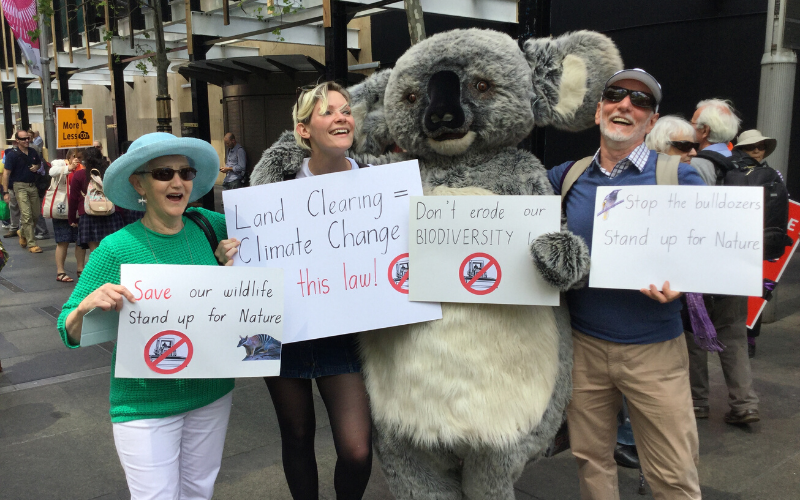
The EPBC Act Review accepts submissions from the public, a chance for communities to express their concerns about the legislation and the change they’re desperate to see. To help amplify the voices of their communities, community groups are currently running workshops on writing effective submissions.
For Nat Rowed, a community organiser in Sydney, it’s about “maximising the number of personal, credible submissions that we can get in as a grassroots movement to demonstrate why the laws are failing.
“These workshops are a way that volunteers can actually reach out into their local communities further, and start empowering their communities to take action.”
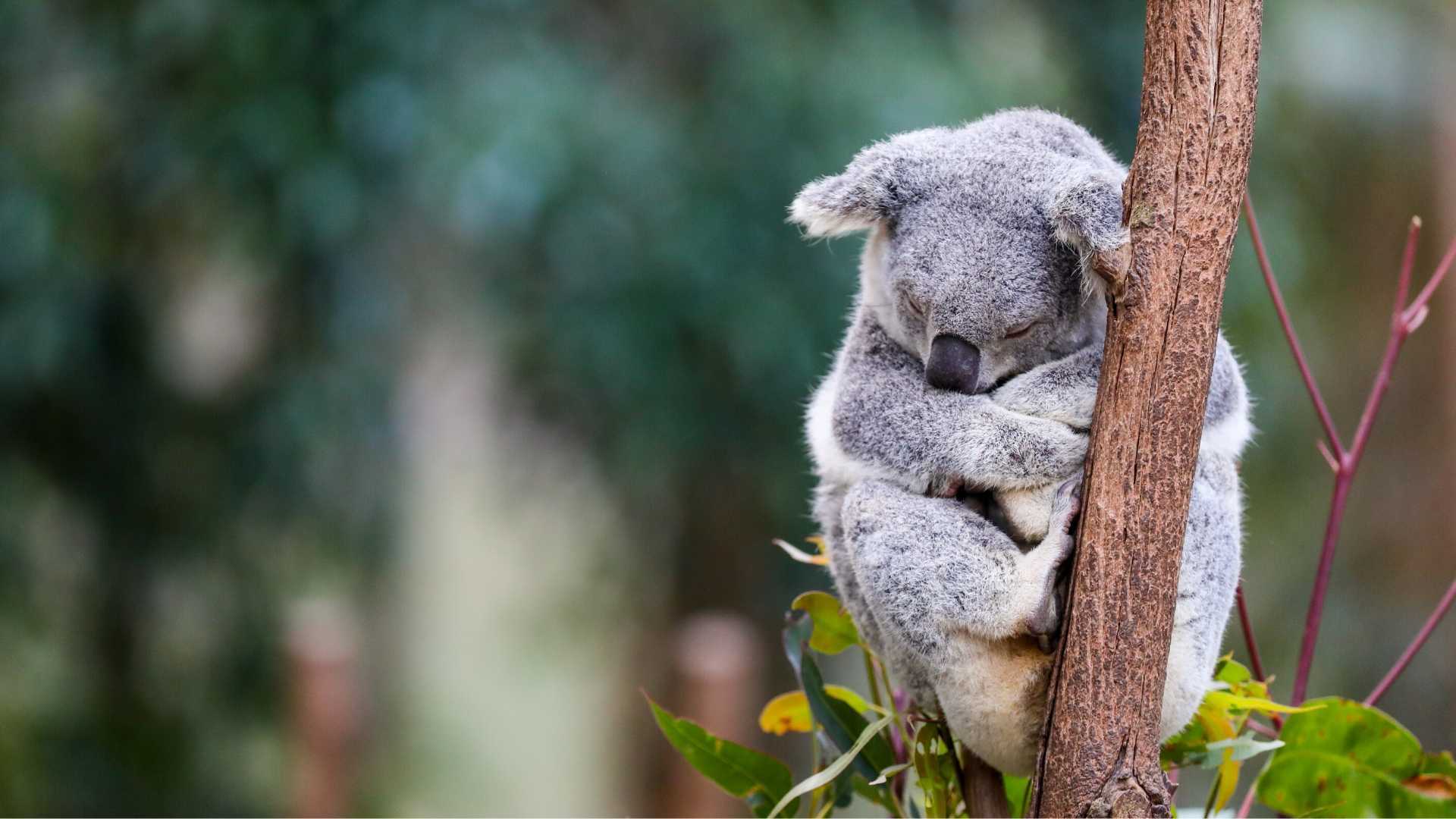
Kasia has witnessed the failings of the EPBC Act first hand: “People that have grown up here are talking about the loss of animal populations. When they were kids they’d see roos and koalas in the shrubs, and they just don’t see it anymore. They’re just not around.”
Kasia has attended a submission writing workshop to make her voice heard, and is now trying to spread the word. “[EPBC submissions] are the only way we can get our opinions across. The politicians are supposed to be representative of the community, and if we don’t voice our opinions, how are they going to know what our opinions are?”
It’s by reaching out into the community like this that our community groups are empowering people to speak up for their environment and the future they want to see. With the devastating bushfire season, it’s now critical that we have strong environmental laws to better cope with the impact on wildlife following such catastrophic events. Teams of volunteers all around the country are writing submissions, spreading the word through their communities and becoming leaders. Without our collective voice, the EPBC Act will continue to be a lost opportunity to ensure Australia's unique biodiversity is safeguarded for generations to come.
“We have to stand up and represent our communities,” says Kasia. “Because we’re the only people who can.”
Ready to find out more?
Sign up, and one of our community organisers will call you to discuss how you can get involved with your local group.
You can power change for nature
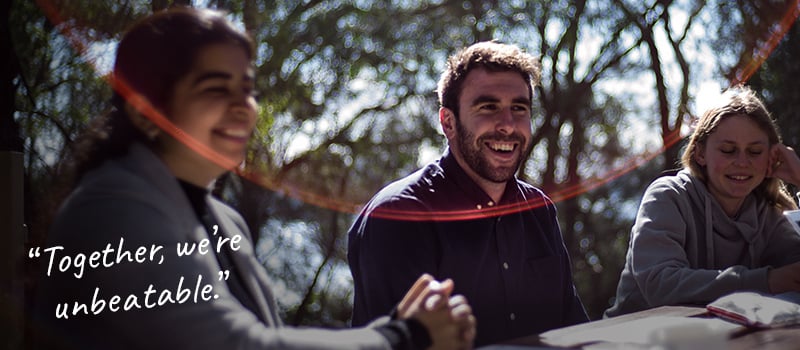
We've already trained thousands of leaders to advocate for nature, but thousands more are needed to shift opinions nationwide. You can help us power the change nature needs.